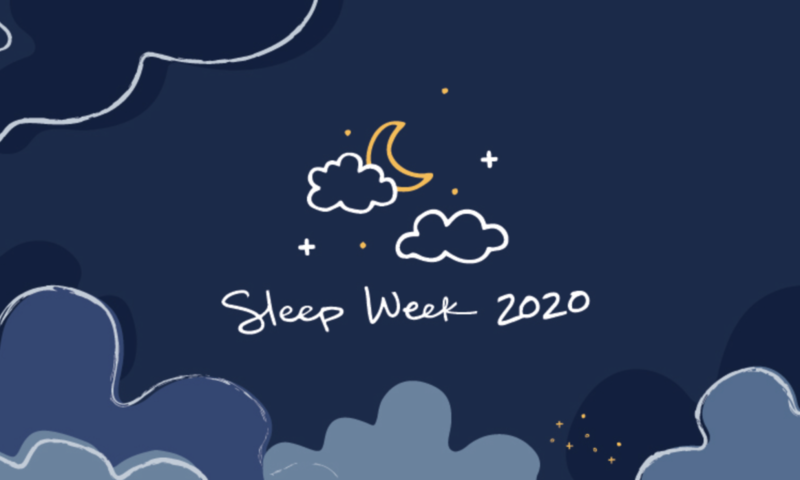Biola University hosted the first Sleep Week from Feb. 2 through Feb. 8 to educate students on the importance of healthy sleep habits. Throughout the week, Biola students engaged with the topic of good sleep through events, social media and competitions, with the goal that students should be intentional on getting eight hours of sleep each night.
Lack of sleep has emerged as a significant theme for students, according to data on student well-being at Biola. In one study, 21 percent of Biola undergraduates identify sleep difficulties as impacting their academic work, while 28 percent identify sleep difficulties as being “traumatic or very difficult to handle,” according to the Spring 2018 National College Health Assessment (NCHA) survey.
Students also expressed that their sense of overwhelmedness contributes to their sleep troubles.
“A lot of people ... wake up all the time at night because they have so much going on that their brain doesn’t shut off,” according to one student’s response to a Spring 2019 survey on student perceptions of wellness and resilience.
In response to this research, the office of Student Wellness led by Lisa Igram, dean of student wellness, and the Student Health and Wellness Collaborative (SHAWC), a group of representatives from over 25 student well-being programs and services, sponsored Sleep Week 2020. Rather than simply creating new events, this group worked to educate and equip students for healthy sleep habits through existing events and programs – in chapels, advising appointments, dorms or the Collegium, at the library and more. College students were encouraged to sleep 8-10 hours each night.
Igram hopes Sleep Week encourages students to resist the myth that college students must live sleepless lives.
“Sleep is noted in numerous peer-reviewed studies as a key marker of health that impacts physical, emotional and mental well-being, as well as academic success,” said Igram.
Several activities throughout Sleep Week encouraged student participation. These included visits from Huxley, a great dane therapy dog, a relaxing nap corner in the Mosaic Cultural Center and free relaxation massages. Additionally, residence halls, apartments and commuters competed to find out which living area could get the highest percentage of 8-hour nights of sleep.
While Sleep Week was designed for Biola’s students, faculty got involved as well. Biola President Barry H. Corey participated by reading the classic bedtime stories “Goodnight Moon,” by Margaret Wise Brown and “Where the Wild Things Are,” by Maurice Sendak on Biola’s Instagram stories each evening of the week.
Biola acknowledges sleep as a God-given gift and necessary rhythm.
“Attentiveness to our faith, understanding well-being as communal and desire for growth-mindset drives Biola’s definition of well-being,” said Igram.
For more information about healthy sleep practices or resources available for those who suffer from sleep difficulties, visit the Student Resources page.
Written by Emma Vandine, iBiola Reporter intern. For more information, contact Brenda Velasco, senior director of university communications, at (562) 944-0351 ext. 5340.
 Biola University
Biola University
.jpg)
.jpg)